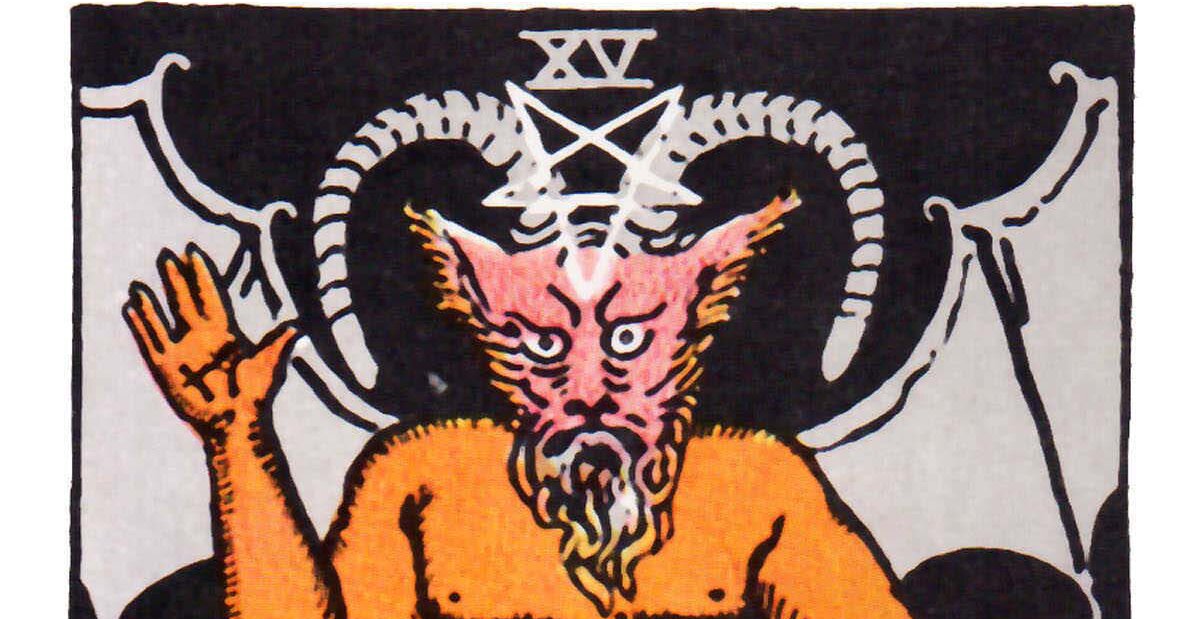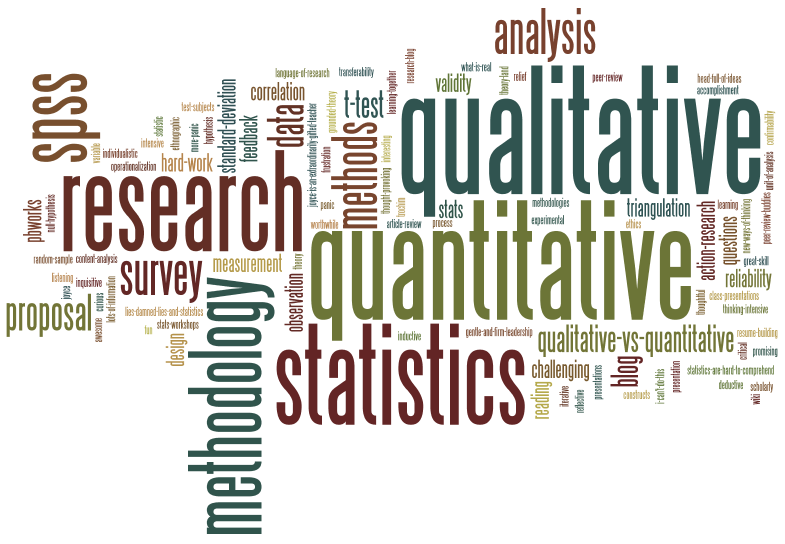Personally I've never been a big fan of patriotism. I grew up hearing how "our country was the best in the world" but it didn't take me long to figure out there was some rust on that shiny image. Still, the image was a useful way to shut down debate. "If you don't like it move somewhere else" is the stock response of the sleeping patriot.
Once again in election season the drums of patriotism are being beaten. Politicians on the stump and their Madison Avenue flacks are exhorting us to rally around the tattered flag. Their drumming sounds feeble and hollow, though, like cheerleaders trying to rouse the fans while our military team goes down to defeat, bringing the economy with it.
The drummers persist because their patriotic noise drowns out the voices of those asking disturbing questions: Why are we playing this losing game to begin with? Why are we bankrupting the country with endless war? How can we love a nation that slaughters millions of our fellow human beings? These questions endanger the game, and the game must go on.
Patriotism keeps us in the game. It’s an instrument of control that’s cultivated in us as children through emotional rituals designed to make us identify our nation with our family and with some higher power. These rituals create a bond of feeling linking God the Father, the Founding Fathers, and our own fathers into a patriarchal hierarchy that rewards us if we’re obedient and punishes us if we’re rebellious. It’s a tool for keeping us in our place.
Patriotism exploits the love we have for our parents by projecting it onto the nation. We love our country, so we react to criticism of it as an attack on our family. This criticism hurts our feelings on a deep personal level, so we reject it. It’s too threatening to us. The emotionality of patriotism keeps us from thinking about what the USA is actually doing in the world: dominating other countries through economic, political, and military aggression.
Patriotism gives us the illusion that we’re part of the system rather than victims of it. It helps us feel good about ourselves, a defense against the low self-esteem that this hypercompetitive society instills in us. Instead of personal pride, we are offered national pride, and we cling to that because it’s all we’ve got. That’s one reason poor whites are often so aggressively patriotic. They’re desperate to feel like winners. The poor minorities know better.
If we can see that patriotism has been indoctrinated into us, we’ll be a step closer to reclaiming our minds and freeing ourselves from these internalized control mechanisms that make us subservient to the corporate state and its owners. We will no longer be their loyal and obedient populace generating profits for them. When we finally evict them from their positions of power in our minds and in the world, we’ll then be able to build a country we really could be proud of.
 The Socjourn A New Media Journal of Sociology and Society
The Socjourn A New Media Journal of Sociology and Society



